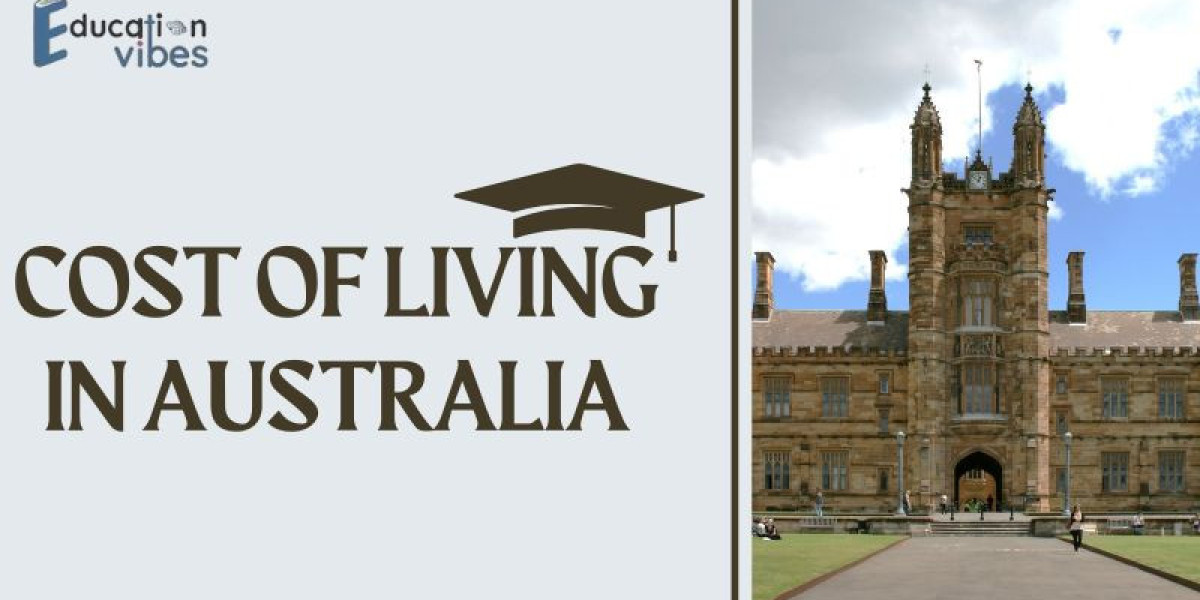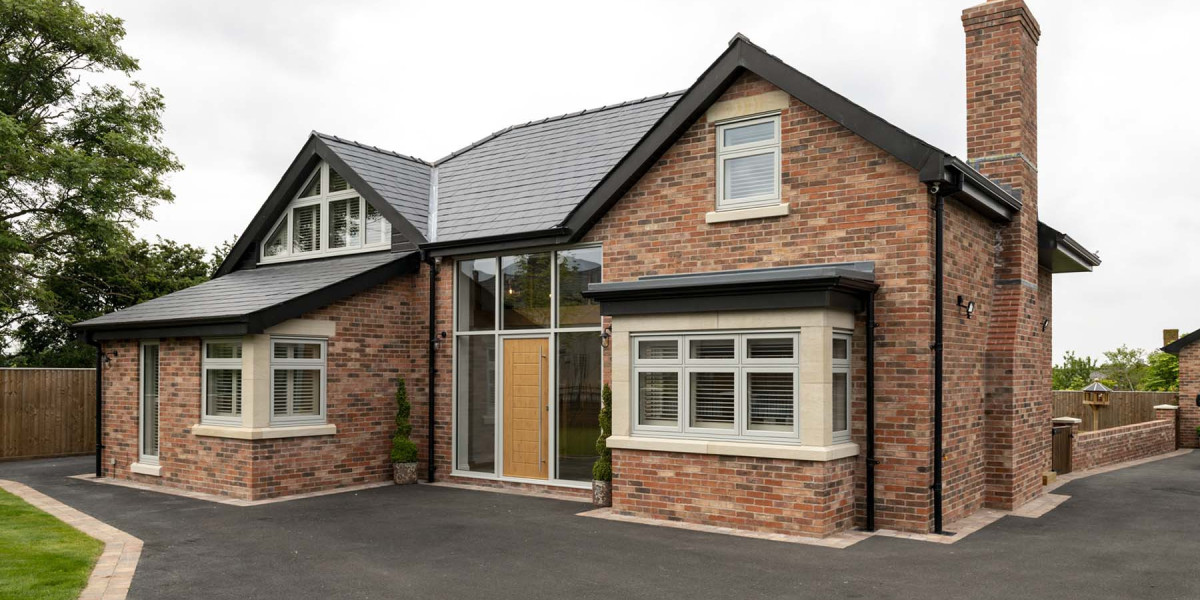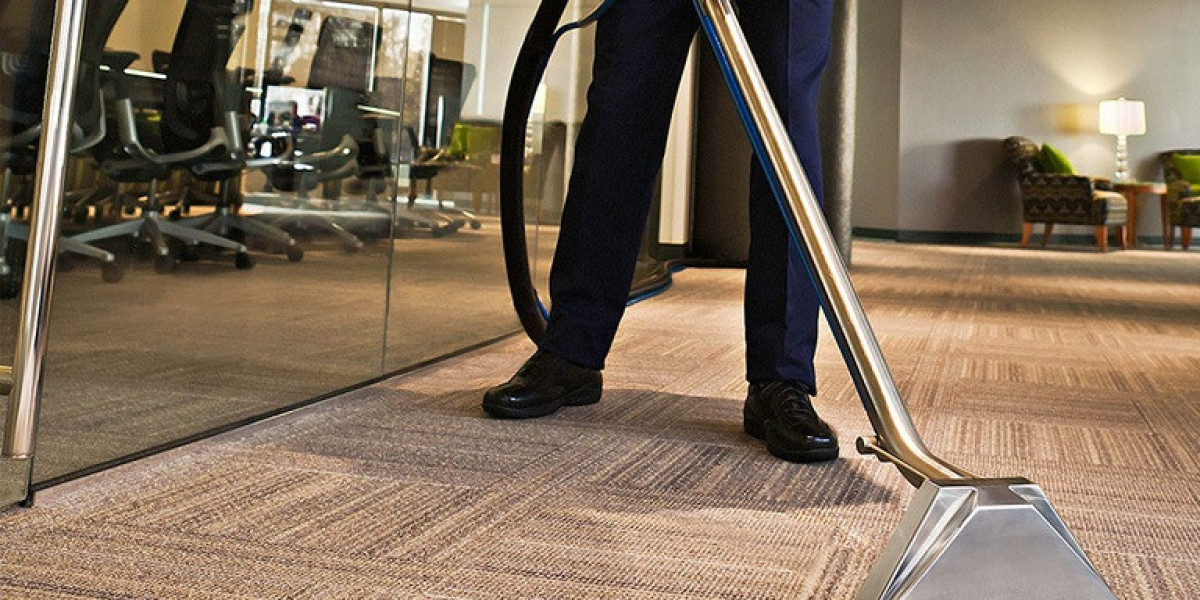Before any international student can begin to study in Australia, knowing what the cost of living in Australia will help them to plan ahead of their studies and travel. Australia continues to be the world’s one of the top destinations for international students to study abroad. International students, tourists, working professionals, and digital natives are trying to find a place for themselves in Australia, especially with the changing landscape of 2025. With a high standard of living, quality of education, multicultural environment, and scenic landscapes throughout the Australian cities, it is an attractive destination.
However, before making your decision about studying abroad in Australia, understanding the cost of living in Australia will give you an idea to make an effective financial decision to plan a budget and study in a comfortable environment. While living in Australia offers a great quality of life to all international students, the cost of living can vary significantly based on the city chosen. We will take a closer look at living expenses in Australia for international students, in terms of accommodation, food, and lifestyle in both major and regional cities.
Cost of Living in Australia for Accommodation
Housing costs remain one of the biggest challenges, as neither it is easiest to find before you enroll in an Australian university, nor it is the most affordable expenditure to study in Australia. The cost of living in Australia fluctuates significantly depending on your housing.
Accommodation Cost in Major Cities
Sydney: Most expensive city to live in Australia. Renting a one bedroom apartment in the city center can cost AU$2,900 per month, while a shared space outside the city will cost anywhere from AU$250 to AU$600 per month.
Melbourne: Similar to Sydney in terms of lifestyle, but more affordable. It can range from AU$300 to AU$2,500 per month (depending on location and kind of accommodation).
Brisbane: More budget-friendly, with accommodation costing around AU$600-2,000 per month, depending on whether it is a shared or private space.
Accommodation Cost in Regional Cities
Adelaide: Popular among students for an efficient cost of living in Australia due to affordable accommodation, costing between AU$500-850 per month.
Hobart: One of the cheapest for accommodation, ranging from AU$500-1,000 per month.
Canberra: Offers subsidized student housing options, even being within the Australian capital city, ranging from AU$700 to AU$1,500 per month.
Cost of Living in Australia for Food (and Groceries)
"Food prices in Australia vary according to the location and eating habits of the student. If they frequently dine out, it will cost more; if they cook their own meals, it costs less. While inflation in 2025 has affected the prices (and, as a result, the cost of living in Australia) slightly, proper planning and local shopping can help manage finances. Students who choose to study in Australia can save by buying from local farmers and supermarkets like ALDI or Coles for discounted prices.
Average Monthly Expense for Meals
Groceries: AU$200-500 per month, depending on eating habits and diet preferences.
Dining Out: Occasional dine outs at mid-restaurants cost AU$15-30 per meal; eating fast food or other student-friendly meals can cost around AU$10-15 per meal.
City-wise Comparison for Food
Major Cities (Sydney, Melbourne): AU$400-500 per month for dine out
Regional Cities (Adelaide, Hobart): AU$200-350 per month for dine out
Cost of Living in Australia for Lifestyle (Daily Living Expenses)
The cost of living in Australia varies very significantly, depending on one’s lifestyle habits and preferences, with other financial factors unique to each city in Australia. Lifestyle costs include transportation, entertainment, utilities (like internet & mobile phone), personal care, and other miscellaneous expenses.
Transportation
Students are advised to use concessions and availability of student discounts on transportation systems in Australia. Depending on the particular city, it will range from AU$60 to AU$150 per month for transportation costs. Sydney and Melbourne have integrated public transport systems like Opal and Myki, while Brisbane offers discounted rates through Go Card.
Utilities & Internet
Utilities like required amenities or necessary expenses (Wi-Fi and mobile phone) adds to the cost of living in Australia, especially if an accommodation does not include these expenses. It can cost about AU$80-150 per month for electricity, gas, water, and internet.
Entertainment & Miscellaneous
Depending on personal characteristics, the cost of entertainment and other miscellaneous expenses varies widely. If you are planning to study abroad and engage in casual activities like outings, gym, personal care, and subscriptions (Netflix, Spotify, YouTube, etc.), expect to pay around AU$100-300 per month. Keep in mind that cities like Melbourne and Brisbane offer affordable entertainment, with availability of student discounts at cinemas, museums, and cafes.
Conclusion
While planning to study in Australia, choose the city carefully for a balanced cost of living in Australia. The cost of living in both major and regional cities have increased due to inflation, with food (including groceries) also affected. However, planning things accordingly will help you with your financial budget greatly, whether you choose to live in Sydney or Melbourne with its vibrancy, or Hobart for peaceful surroundings.
Talking about studying in Australia with an expert consultant is a good choice. Connect with one of them at Education Vibes and plan your studies accordingly. Register now!








